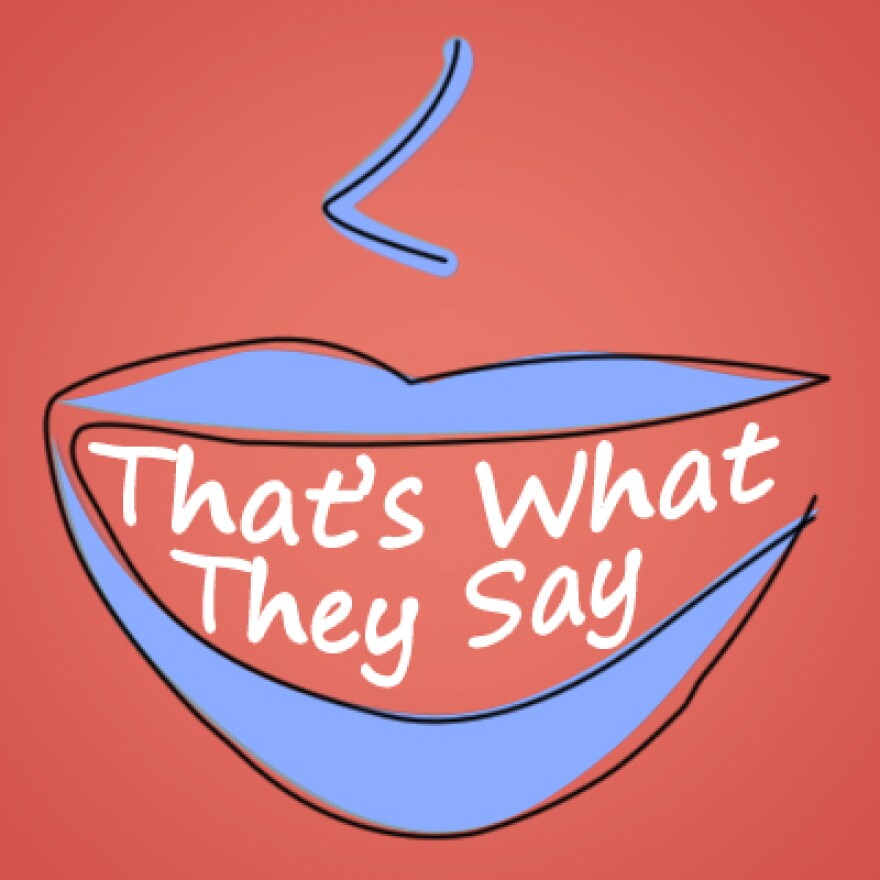Don’t get too flattered if an admirer calls you unique. In today’s spoken language unique doesn’t mean one of a kind at all.
On this week’s edition of “That’s What They Say,” host Rina Miller and University of Michigan Professor Anne Curzan discuss the semantic changes that strengthen or weaken the meaning of words.
Anne Curzan points out the strength of unique has weakened over time so that one object can be more unique than another.
“For most of its history in English unique has meant one of a kind, or having no peer...if you listen to actual usage, you’ll hear people say that something is more unique than something else, or really unique…at this point for a lot of speakers, unique means unusual," says Curzan.
The word unique is not unique in the weakening of its definition over time. Curzan explains that the word “quell” has also undergone significant semantic change.
“Quell goes all the way back to Old-English to the verb cwellan, which meant to kill or put to death...then later came to mean just to suppress, but not necessarily to put to death, so there we’ve got a weakening," she says.
Meanings of words can also strengthen over time, as with the word decimate, which has a more tame beginning.
“When it first comes into English it means to put to death one in every ten...at this point if you decimate something you’re probably destroying eight or nine out of every ten, not one out of every ten," Curzan explains.
Hopefully your unique love of the English language hasn’t been quelled too much.
--Austin Davis, Michigan Radio Newsroom




